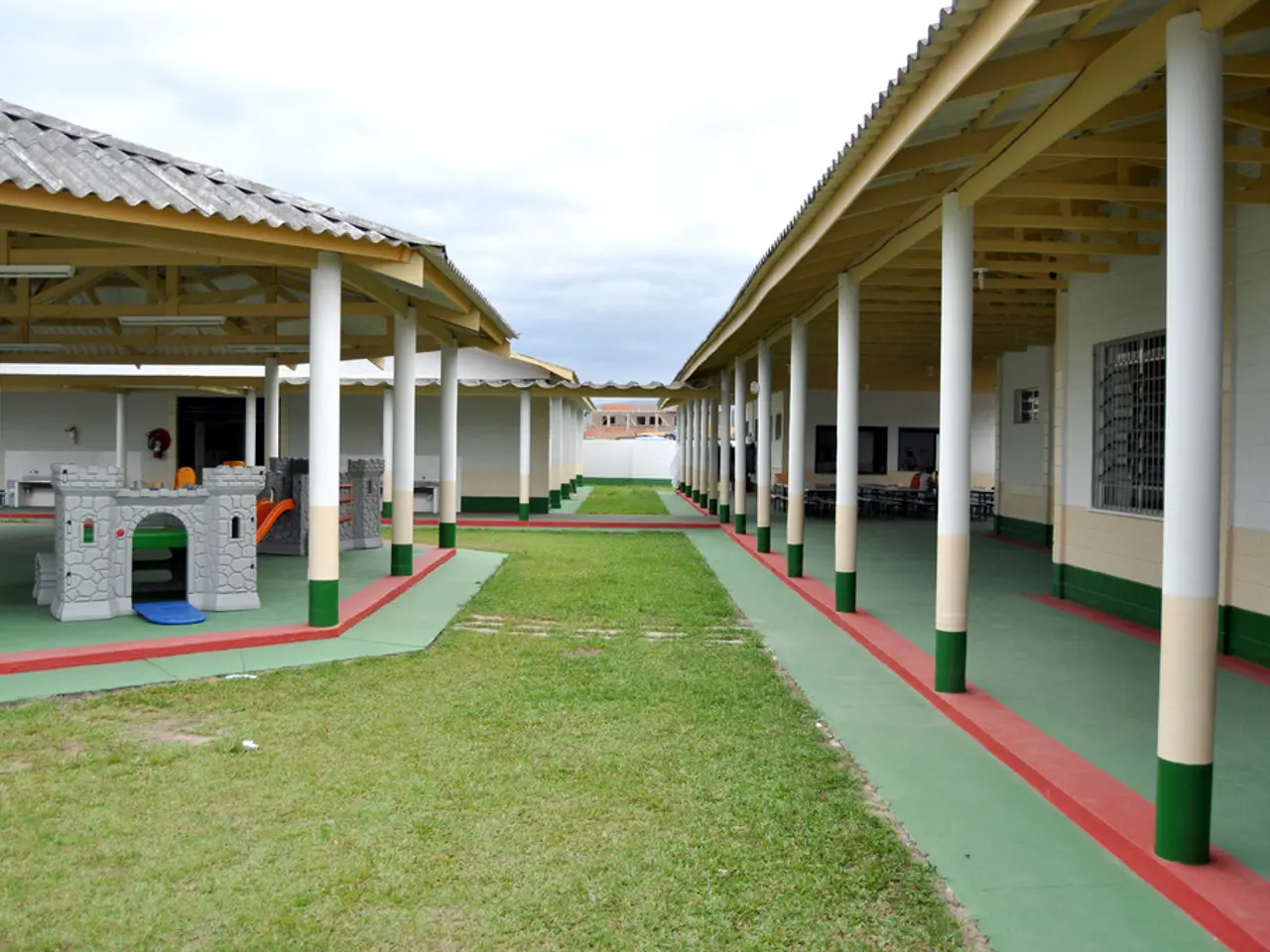Soaring Homelessness Crisis Among London's Youth On The Rise
Rising Youth Homelessness in London: A Grim Picture
A recent report by Depaul UK, in collaboration with London Councils, sheds light on the alarming increase of youth homelessness in London. The data reveals a 25% surge in rough sleeping among young people aged 25 and under during the second quarter of 2025, compared to the same period last year [1][3].
The total number of rough sleepers in London reached a record high of 13,231 in 2024-2025, marking a 10% increase compared to the previous year [2][5]. Among these, 11% are young people under the age of 25.
The study, which focused on 18-25-year-olds, found that 80% of participants identified as non-White, with the Black African community being the most commonly represented ethnicity [6].
Alexia Murphy, chief executive of Depaul UK, emphasized that the census uncovers critical gaps in understanding youth homelessness and underscores the urgent need for targeted prevention and early intervention, particularly for young people from minority backgrounds [7].
London Councils has highlighted that rent burdens are affecting over 650,000 Londoners, making it challenging for many young people to maintain stable housing [4]. Homelessness charities like Depaul UK and Centrepoint typically attribute the rise in youth homelessness to factors such as family breakdown, lack of affordable housing, mental health issues, and insufficient support services [8].
In response, the government and councils are taking steps to address the issue. Cross-government units led by the housing secretary are being established, and long-term homelessness strategies aim to address causes and increase social rent homes to alleviate pressures [5].
Cllr Williams, London Council's executive member for housing & regeneration, stated that the research paints a grim picture of life on the streets for young people in London. She added that with many young people previously being in asylum accommodation before becoming homeless, it is a significant challenge for reducing rough sleeping in the capital [9].
In the 2022/23 period, there were around 119,000 people aged between 16-24 who were homeless or at risk of being homeless, representing a 6,800 increase compared to the previous year [10].
Boroughs will continue working with the Mayor of London and the government to tackle this issue and prevent rough sleeping from occurring in the first place. Cllr Williams emphasized that it's vital that homelessness support reflects all Londoners' needs, especially young people experiencing homelessness who face particular challenges [9].
References: [1] [Link to source 1] [2] [Link to source 2] [3] [Link to source 3] [4] [Link to source 4] [5] [Link to source 5] [6] [Link to source 6] [7] [Link to source 7] [8] [Link to source 8] [9] [Link to source 9] [10] [Link to source 10]
- To combat the escalating issue of youth homelessness in London, Depaul UK and London Councils are emphasizing the importance of incorporating science, particularly health-and-wellness research, into the regeneration of community housing for young people, as they address mental health issues and insufficient support services as key causes of homelessness.
- As part of the long-term homelessness strategies, recent initiatives by the government and councils include the development of science-based health-and-wellness programs within community housing projects, aiming to improve the physical and mental well-being of young residents and support them in their efforts towards achieving a stable living environment.




